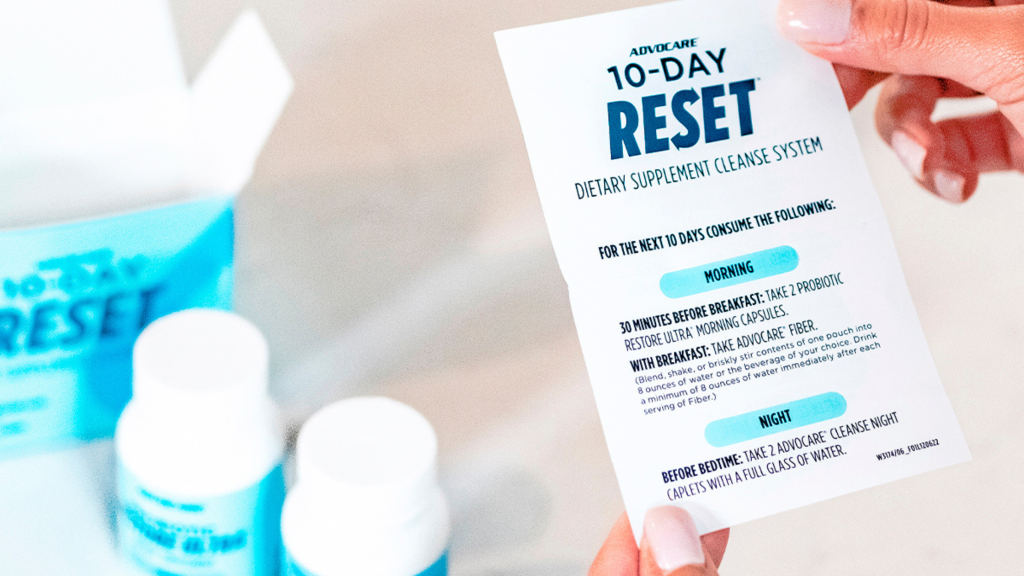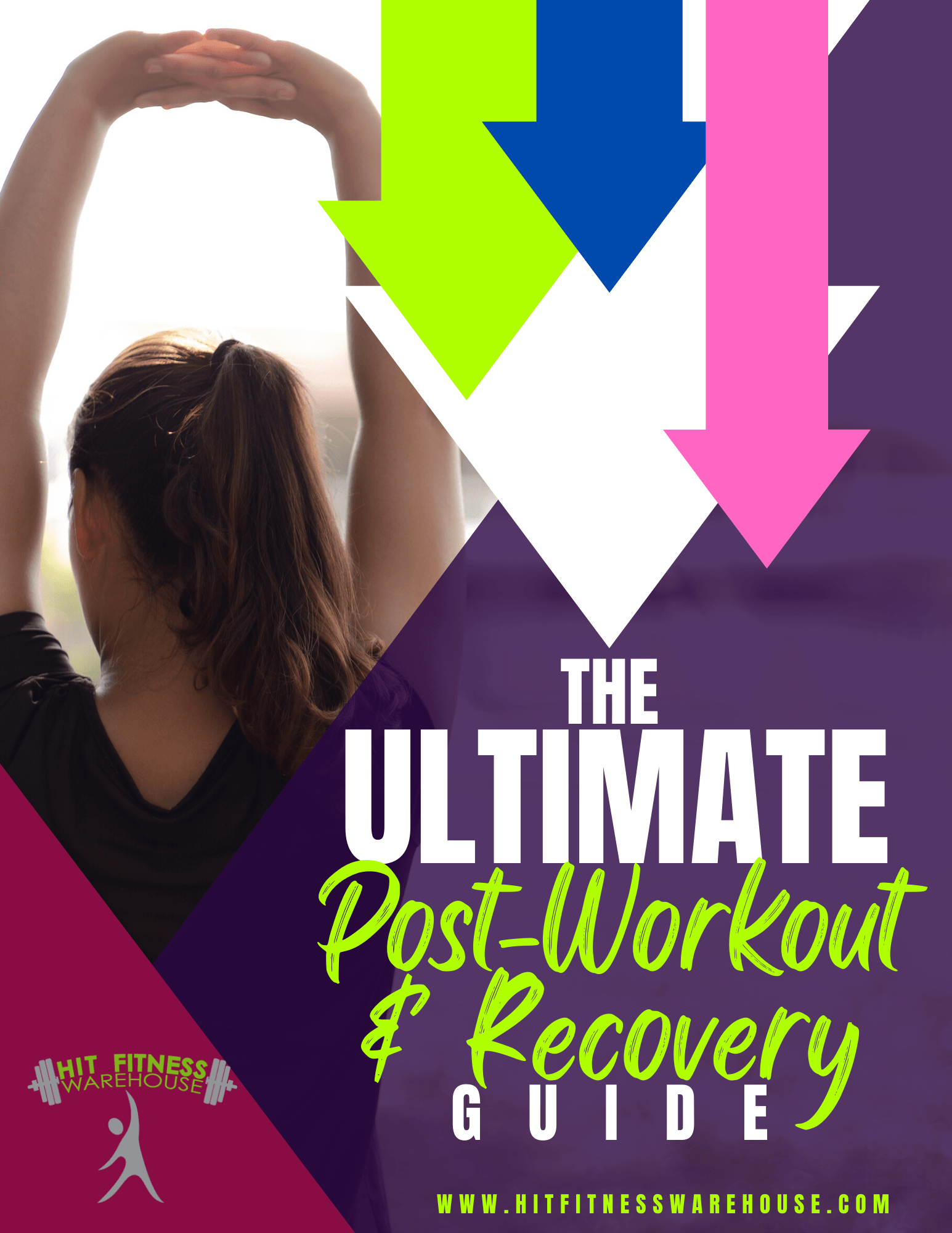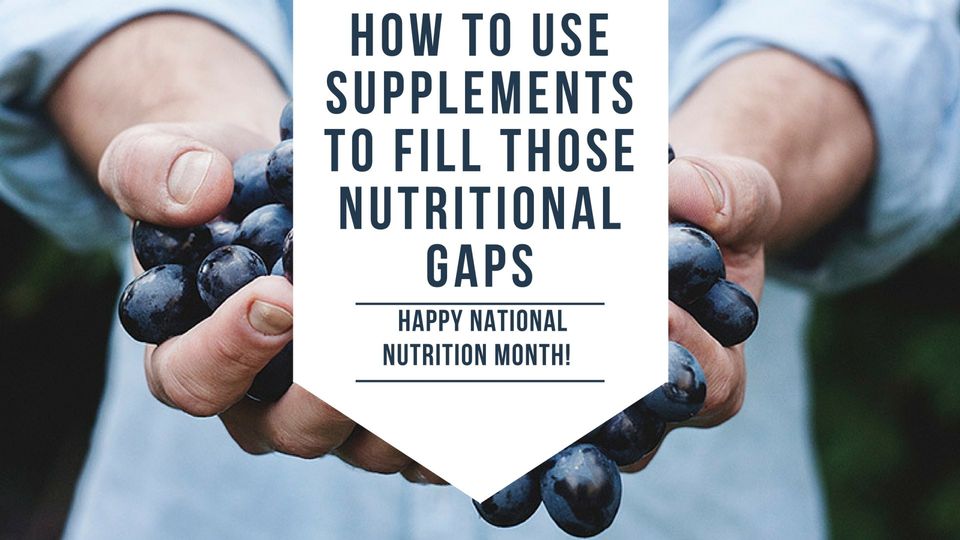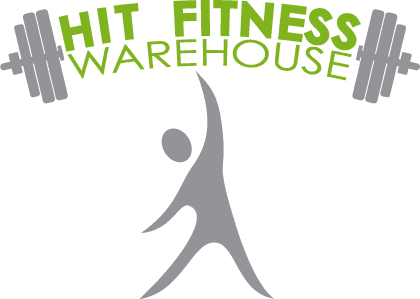HOW TO USE SUPPLEMENTS TO FILL THOSE NUTRITIONAL GAPS
<!-- /* Font Definitions */ @font-face {font-family:Calibri; panose-1:2 15 5 2 2 2 4 3 2 4; mso-font-charset:0; mso-generic-font-family:auto; mso-font-pitch:variable; mso-font-signature:3 0 0 0 1 0;} @font-face {font-family:游明朝; panose-1:0 0 0 0 0 0 0 0 0 0; mso-font-charset:128; mso-generic-font-family:roman; mso-font-format:other; mso-font-pitch:auto; mso-font-signature:0 0 0 0 0 0;} /* Style Definitions */ p.MsoNormal, li.MsoNormal, div.MsoNormal {mso-style-unhide:no; mso-style-qformat:yes; mso-style-parent:""; margin:0in; margin-bottom:.0001pt; mso-pagination:widow-orphan; font-size:11.0pt; font-family:Calibri; mso-ascii-font-family:Calibri; mso-ascii-theme-font:minor-latin; mso-fareast-font-family:游明朝; mso-fareast-theme-font:minor-fareast; mso-hansi-font-family:Calibri; mso-hansi-theme-font:minor-latin; mso-bidi-font-family:"Times New Roman"; mso-bidi-theme-font:minor-bidi;} .MsoChpDefault {mso-style-type:export-only; mso-default-props:yes; font-size:11.0pt; mso-ansi-font-size:11.0pt; mso-bidi-font-size:11.0pt; font-family:Calibri; mso-ascii-font-family:Calibri; mso-ascii-theme-font:minor-latin; mso-fareast-font-family:Calibri; mso-fareast-theme-font:minor-latin; mso-hansi-font-family:Calibri; mso-hansi-theme-font:minor-latin; mso-bidi-font-family:"Times New Roman"; mso-bidi-theme-font:minor-bidi;} .MsoPapDefault {mso-style-type:export-only; margin-bottom:8.0pt; line-height:107%;} @page WordSection1 {size:8.5in 11.0in; margin:1.0in 1.25in 1.0in 1.25in; mso-header-margin:.5in; mso-footer-margin:.5in; mso-paper-source:0;} div.WordSection1 {page:WordSection1;} --> Happy National Nutrition Month!
Happy National Nutrition Month! National Nutrition Month® is a nutrition education and information campaign held annually in March by the Academy of Nutrition and Dietetics. In today’s blog post we’ll discuss some tips and tactics you can take to help you be proactive with supplementing nutritional gaps in your diet.
Even with our best efforts to maintain a balanced, healthy diet and lifestyle, nutritional gaps may arise from time to time. So, what can we do to supplement these nutritional gaps?
Tip #1: Eat a balanced diet.
Although many of us lead busy lives, it is important to be intentional about the type and kind of food consumed. Drive-through windows with fast food options have given us quick ways to intake energy, but unfortunately leave many individuals lacking important components that make up a healthy diet.
As a child, your parents or caretaker probably helped you maintain a balanced diet, right? In adulthood, the responsibility of eating a balanced diet is solely up to you. There are several tools and apps crafted to help individuals determine how to eat a balanced meal like Choose MyPlate, Fooducate and Nutrients. Consuming an appropriate mix of foods from specific food groups and subgroups – with the balanced intake of calories – is important to achieving a healthy lifestyle .
Daily Food Guide to Supplementing Nutritional Gaps.
Here is a quick guide for suggested daily intakes of various nutrient-dense foods to help you implement a well-balanced, 2,000-calorie diet.
1) Vegetables.
Consume 4-5 servings per day.
To ensure that you are getting a range of different nutrients, eat a variety of colors and types of vegetables.
2) Fruits.
Consume 4-5 servings per day.
Eat an array of different types and colors of fruits.
Fruits and vegetables help to provide phytonutrients, which are special antioxidants derived explicitly from plants.
3) Grains.
Consume 6-8 servings per day.
At least half of your servings should be whole grains.
Grains are a good source of fiber; fiber helps promote cardiovascular and digestive health.
4) Dairy.
Consume 2-3 servings per day.
Choose fat-free or low-fat dairy options when available to help reduce calorie intake.
Dairy products help provide calcium, potassium, Vitamin D and protein.
5) Protein.
Consume 3-6 ounces of lean meats, poultry and/or seafood per day.
Consume 4-5 servings of nuts, seeds, and legumes (peas and beans) per week.
6) Fats and oils.
Consume 2-3 servings per day.
Use liquid vegetable oils when possible and try only eating monounsaturated and polyunsaturated fats when applicable.
Tip #2: Supplement where needed.
Food is fuel for the body. The foods we consume provide vitamins, nutrients and minerals necessary for your body to function. Foods in our diet that are nutrient dense play an important role in helping us meet the Food and Drug Administration’s (FDA) dietary recommendations for the proper amounts of vitamins and minerals to consume each day.
Eating a healthy, balanced diet that incorporates complex carbohydrates, protein and fats helps give your body the building blocks it needs, however this still may not supply everything needed for optimum health.
The Scientific Report of the 2015 Dietary Guidelines Advisory Committee issued by the Office of Disease Prevention and Health Promotion states that the typical American diet is inadequate in fiber, Vitamin C, magnesium, Vitamin A, calcium and potassium. Let’s take a look at the suggested daily intake, benefits and specific functions of each nutrient:
Fiber . Nearly 97 percent of Americans are deficient in fiber intake. On average, most Americans consume around 10-15 grams of fiber per day. The USDA recommends that average adults consume 30 grams of fiber, which means most Americans are getting only half of what they actually need. Great sources of fiber include fruits, vegetables, beans, peas, nuts, seeds and whole grain products.
Vitamin C. Fruits and vegetables provide a great source of Vitamin C. Individuals who have inadequate food variety in their diets usually have inadequate intakes of Vitamin C. The FDA recommends adult women and men intake 75-90 mg of Vitamin C each day, respectively.
Magnesium. Magnesium is an essential mineral that plays an integral role in bone formation and many metabolic reactions. Green leafy vegetables are wonderful sources of magnesium. Adult women and men should have 300-400 mg of magnesium per day, respectively.
Vitamin A. Representing a group of fat-soluble retinoids, Vitamin A supports healthy immune function, vision, reproduction and cellular communication. The recommended daily intake for Vitamin A ranges between 700 and 900 micrograms (mcg) of retinol activity equivalents (RAE) per day for individuals age 14 and older. Food sources rich in Vitamin A include sweet potatoes, carrots, spinach and kale.
Calcium. Calcium is not only necessary for bone health, but also supports muscle function, nerve transmission, intracellular signaling and hormonal secretion. The current recommended dietary allowance for calcium is 1,000 mg per day. Good sources of calcium include milk, kale, yogurt, broccoli, bok choy, okra and almonds.
Vitamin D . Salmon, tuna, mackerel, chicken, cheese and egg yolks provide good sources of Vitamin D. Sunshine is also one of the best sources of Vitamin D.
Vitamin D promotes calcium absorption in the gut, and is essential for bone growth and bone remodeling by osteoblasts (cells that build bones) and osteoclasts (cells that breakdown bone). The FDA recommends that adults consume 20 mcg per day.
Potassium . Potassium is a mineral and electrolyte that is essential for muscle contraction including the heart. Bananas, prunes, oranges, avocados, raisins, spinach, carrots and artichokes are all great sources of potassium. The current recommended dietary allowance for potassium is 4,700 mg per day.
What are dietary supplements and what purpose do they serve?
According to the Food and Drug Administration (FDA), supplements are products intended to be orally consumed to supplement the diet and contain one or more of the following dietary ingredients: a vitamin, mineral, herbal or other botanical, amino acid, a concentrate, metabolite, constituent, extract, or a combination of any ingredient described previously. Dietary supplements can serve as a beneficial tool for supplementing nutritional gaps, if/when the foods consumed in your diet do not provide an adequate amount of nutrients to meet the body’s daily needs.
Supplements are intended to be taken in conjunction with a healthy, balanced diet and should not take the place of nutrients, vitamins and minerals obtained from whole foods consumed daily. They are simply designed to supplement (complete or enhance) your diet when added to it.
There are several different types of dietary supplements
that are formulated to assist individuals in reaching their recommended dietary
allowances each day while achieving health needs and goals. If the words “dietary supplements” were typed
into a search engine, pages upon pages of options for dietary supplement
products would appear. Dietary
supplement regulations are written so that companies are responsible for
formulating and distributing safe and effective dietary supplements that adhere
to the regulatory requirements borne out of the Dietary Supplement Health and
Education Act (DSHEA) of 1994. DSHEA
protects consumers and ensures dietary supplement companies adhere to strict
guidelines for safety, quality, purity and good manufacturing practices.
Consult your healthcare provider to ensure dietary supplement products are right for you and research the quality of the products you choose.












